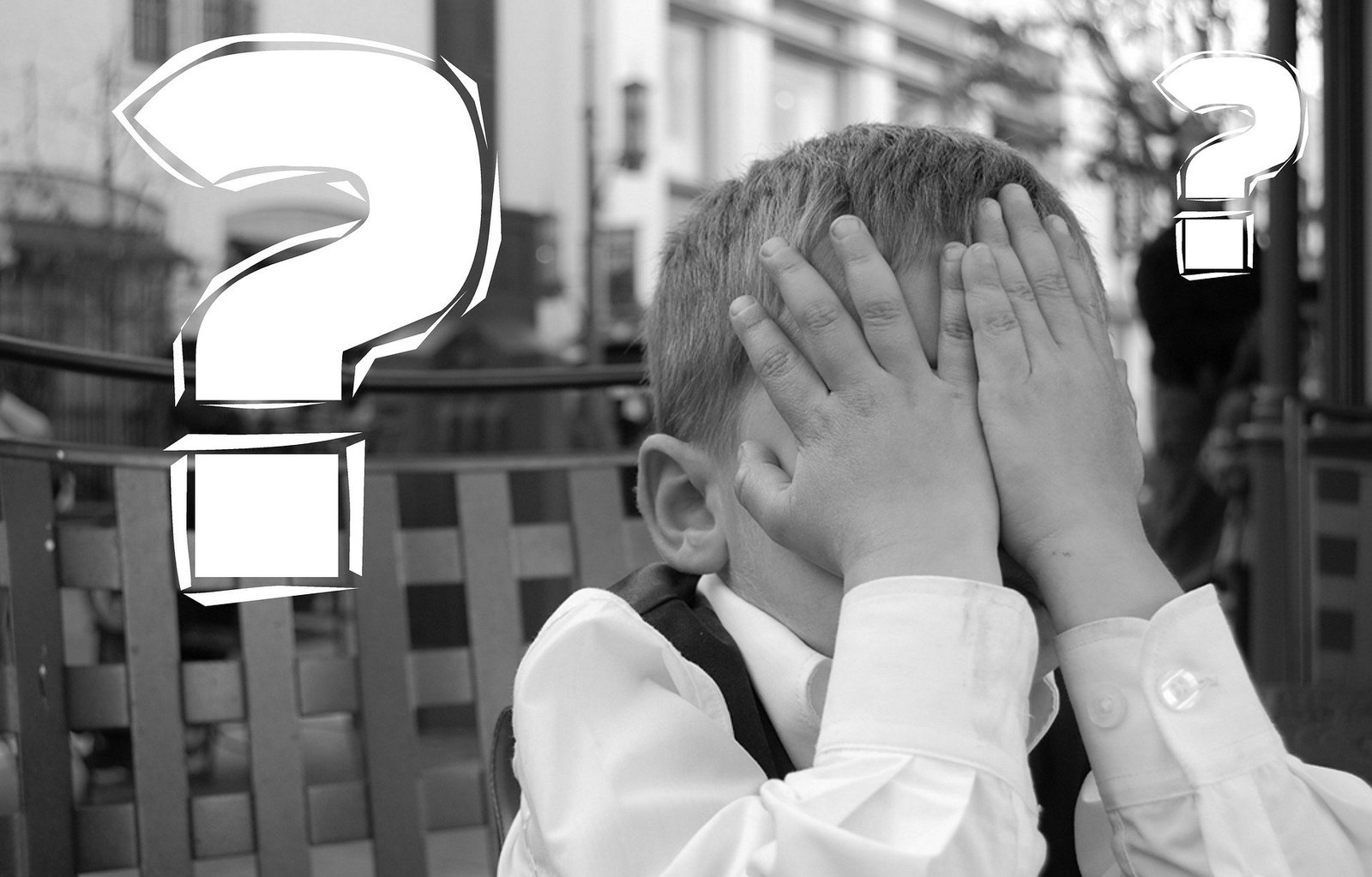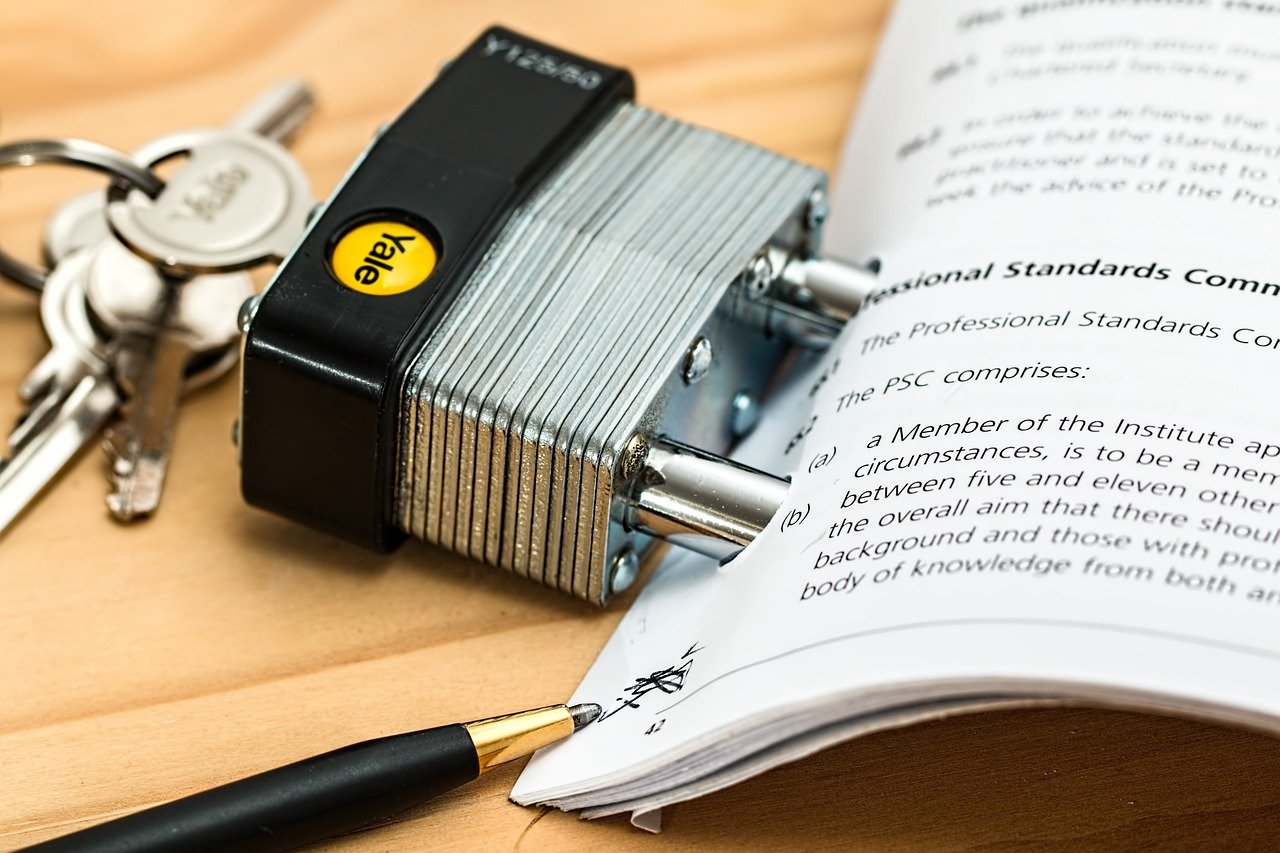As Fine Gael proposes that children be able to change legal sex, the National Women’s Council of Ireland seems reluctant to acknowledge the dissenters.
Last week, when author J.K. Rowling published an essay for adult readers on her professional website over sex and gender issues, the National Women’s Council of Ireland (NWCI) responded on social media in a highly partisan way. NWCI is the leading national representative organisation for women and women’s groups in Ireland. Its response prompted dismay among many of us and concern that people unfamiliar with this debate will believe that there is only one valid position—with “transphobia” in opposition.
In its response on Twitter, where the debate has been most active, NWCI chose to share a statement by Harry Potter actress, Emma Watson: “Trans people are who they say they are…”.

Many trans people do not claim that they are literally the opposite sex, but Watson’s statement implied support for the “Trans Women Are Women” (TWAW) lobby, which does. NWCI then shared an article by Louise O’Neill, published in the Irish Examiner. O’Neill’s article could not have been more partisan in its reaction to Rowling’s essay. She concluded that because there is no “universal female experience”, she is no more “inherently female” than trans women. The article was unkind: O’Neill suggested that Rowling should not have spoken up about women’s rights at all right now, implying that other things—the pandemic and debate on racism—were currently more important. Her response to Rowling’s first-time disclosure of domestic violence was to say, “This isn’t the Oppression Olympics”. This absurdly suggests that Rowling or other women disclose abuse in some form of “one-upmanship” against other oppressed groups. It was utterly disappointing to see the NWCI circulate such an unsympathetic and cynical attitude to a #metoo disclosure and a woman voicing her opinions on women’s rights.
I imagine most people not immersed in this debate probably take one look at its ferocity and decide not to get involved. However, this argument on sex and gender affects every person in Ireland just as much as the pandemic and racism, as it has implications for the categories around which our legal and social lives are organised.
Within the debate, few of the traditional alliances hold true. Nationally and internationally, those of us who oppose the “TWAW” lobby come from different groups. We are predominantly women but include men and trans women. We are from both the political left and right, with trade unionists and progressives forming alliances on this issue with conservatives. We are gays and straights, of different races, some of us religious and others not. Usually, we care about freedom of expression. Often, we have a history of working at the coalface of human rights and against male violence. I worked as a human rights lawyer for many years, where I specialised in representing refugee women including women fleeing from the practice of FGM, survivors of torture and immigrant victims of domestic violence. I have facilitated creative writing with mothers and other women in prison in Ireland. I work extensively in the field of arts and mental health with survivors of childhood sexual abuse and trauma, around issues of sexual consent and self-expression.
The “TWAW” lobby is also diverse, with many celebrities and institutions co-opted. It includes activists who think that kindness dictates ceding women’s boundaries to men because trans women too suffer male violence. Misogynists and abusers who do not believe in respect for women’s boundaries, who must think that all their Christmases have come at once. Homophobes who more readily accept “straight” trans sons and daughters than same-sex attracted children of their natal sex. It also includes activists and lobbyists supporting clinics and pharmaceutical companies who profit from “born in the wrong body” ideology, promoting medical treatments as the cure for gender dysphoria as if this were political liberation rather than personal accommodation. Some within the “TWAW” lobby claim that medical intervention demands will reduce if individuals can “self ID” without further ado as the opposite sex, arguing that anyone should be able to “change sex” based on their wish. On 2 June, a Fine Gael policy paper for the government formation talks was announced which recommends changing legislation to allow all Irish children under the age of 16 to change their legal sex.
There is a misconception that the “TWAW” lobby is doing for trans rights (“T”) what the gay liberation movements did for LGB people. Lobbyists predict there will be an increase in numbers of trans children for some time, arguing that they feel more able to come out of the closet due to society’s acceptance of trans people today. This argument directly contradicts simultaneous assertions by the lobby that trans kids are most in danger of suicide because of society’s lack of tolerance. And where is the political liberation? A society that categorises children who do not conform to gender stereotypes–“feminine” boys and “masculine” girls—as “trans”, rather than considering that they could be expressing their biological sex in conflict with repressive stereotypes, entrenches those stereotypes. A teenage girl experiencing huge discomfort about her female body may be told she is “in the wrong body” but could be living through a valid identity crisis as she confronts the traumatic reality of a society still shaped by catastrophes for female bodies. A girl who knows about Ana Kriegel and too many other victims of brutal male violence, the cervical check disaster and the too-recent traumas of women needing abortions.
My own survival of child abuse has given me extra insight into the way that personal experiences shape our identities. I have my own story for this debate because I have the condition of “Dissociative Identity Disorder”, quite rarely diagnosed. Alongside CPTSD, it resulted from extreme trauma at an early age leading to disruption of my identity characterized by having numerous distinct personality states. In conversational terms, I might be referred to as a “multiple”. It is not a delusion and is my reality no less than “gender dysphoria” is the reality of many people who are also not delusional. Imagine that, by analogy with the cry of the TWAW lobby, the campaign slogan for people like me were: “Multiples are who they say they are”. If the lobby had its way, I would exist as literally more than one person with consequent rights going far beyond reasonable accommodation to my experience. I could be given multiple entries to clubs and organisations instead of entry as a single person and I could hold numerous passports. Some would claim to be multiple to take advantage of this new reality for their own gain—analogous to what is happening with trans women athletes competing in female sports categories, or entering female-only rape crisis centres, all in keeping with the aims of the “TWAW” lobby. Regardless of such behaviour, the prior concept of personhood in law would be totally problematised and utterly changed if my “multiple” identity were taken literally for the purpose of rights and the organisation of society.
Whether we should let the concept of womanhood suffer this fate is the central issue of conflict and this affects all of us, however reluctant we might be to engage with an issue that Rowling truthfully describes as “surrounded by toxicity”. There are two sides to the arguments and those of us standing up to the “TWAW” lobby are weary with the attempts to drown out our opinions with cries of “transphobia”, often allied with intimidation. Worse still, our voices are not being adequately represented by the organisations that we should be able to turn to for intelligent and compassionate discussion and criticism of the law as it stands.








Thank you for writing this. I live in Ireland & I would like to get organised with other women because I feel as a group, we will be heard better. I've created a Discord channel if you would like to join since Twitter might shut us down one way or another.
Posted by Gillian Moran
22 June, 2020 at 2:10 pm
Thanks for writing this. I could not believe the response of the NWCI. It’s been captured like so many other organisations by an almost religious zealotry that brooks no dissent. Awful for Irish women. It’s hard to see any real debate emerging on this issue as any suggestion that The TWAW mantra could be harmful or collide with established rights of women & girls is shouted down.
Posted by Jean Cross
18 June, 2020 at 5:50 pm
Thank you for this. I was one of those women who felt let down and disappointed by the NWCI post. Rather than facilitate this much needed debate in Ireland, they just threw themselves behind the trans lobby's criticism of Rowling. It was a cheap shot, no actual analysis from them, just reproducing a nasty article which further chastised a women already under vicious attack on social media.
Posted by Anna Morvern
19 June, 2020 at 11:40 am
Thank you Jean. The NWCI response appalled me, their failure then to reply to our concerns also of great dismay. It would suggest that they have let misogyny in to their organisation; an organisation supposed to promote women's rights.